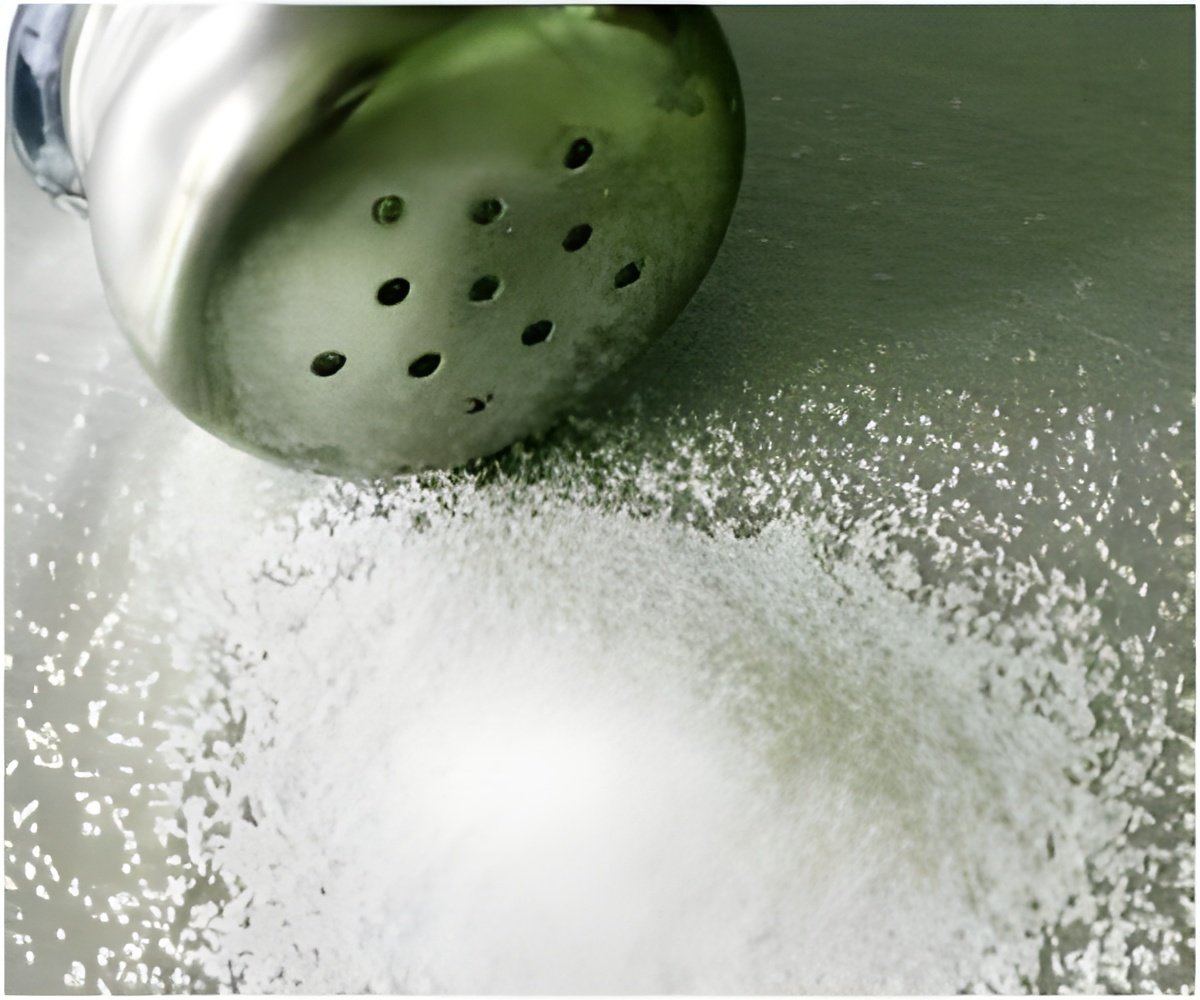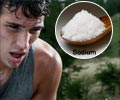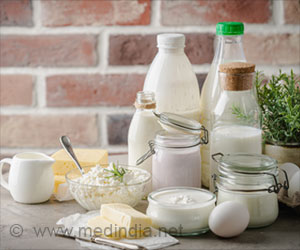Mice on the high fat and high salt diet for 16 weeks had low weight gain of about 5 grams, which was similar to the mice on normal diet.

"People focus on how much fat or sugar is in the food they eat, but something that has nothing to do with caloric content - sodium - has an even bigger effect on weight gain," said Justin Grobe, co-senior author of the study, Assistant professor at University of Iowa Carver College of Medicine, US.
Grobe said, "The findings also suggest that public health efforts to continue lowering sodium intake may have unexpected and unintended consequences.”
The researchers started the study with the hypothesis that fat and salt, both being tasty to humans, would act together to increase food consumption and promote weight gain.
They tested the idea by feeding groups of mice different diets: normal chow or high-fat chow with varying levels of salt (0.25% to 4%).
The mice on the high-fat diet with the lowest salt gained the most weight, about 15 grams over 16 weeks, while animals on the high-fat, highest salt diet had low weight gain that was similar to the mice on normal chow diet, about five grams.
Advertisement
"This suppression of weight gain with increased sodium was due to a reduced efficiency of the digestive tract to extract calories from the food that was consumed," Grobe said.
Advertisement
Source-IANS















